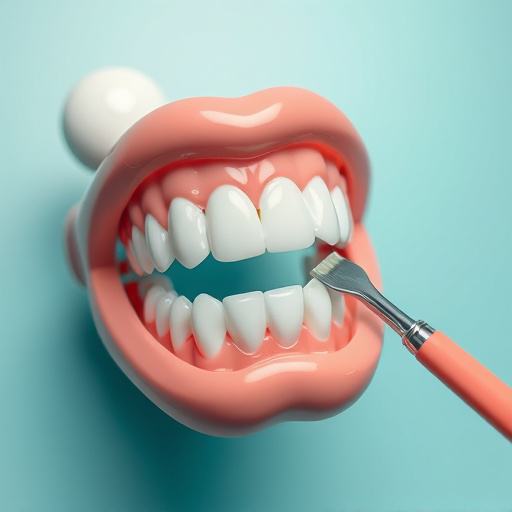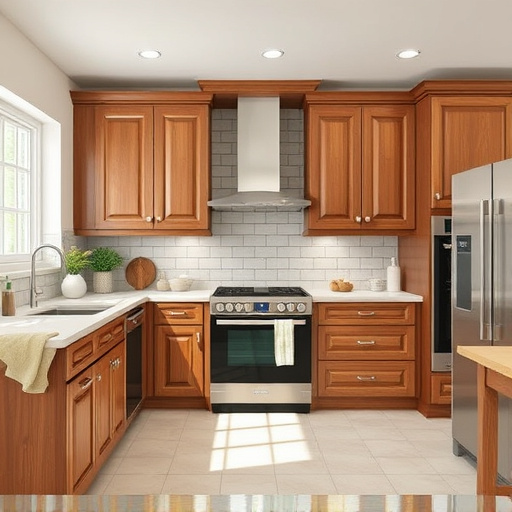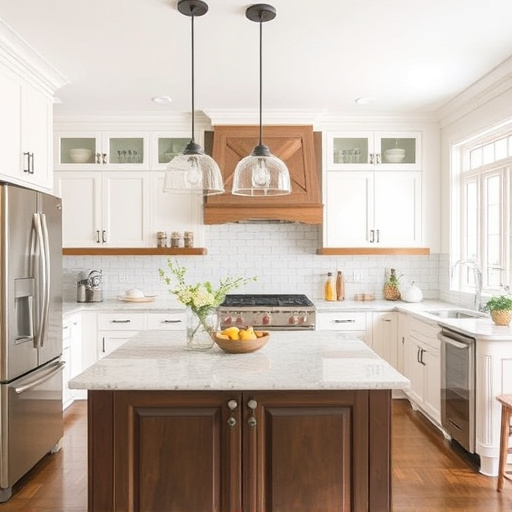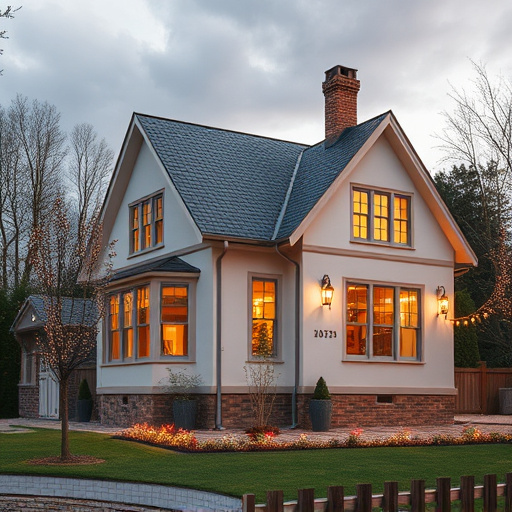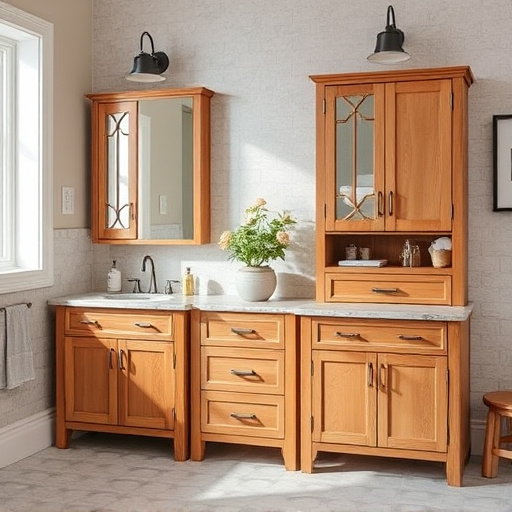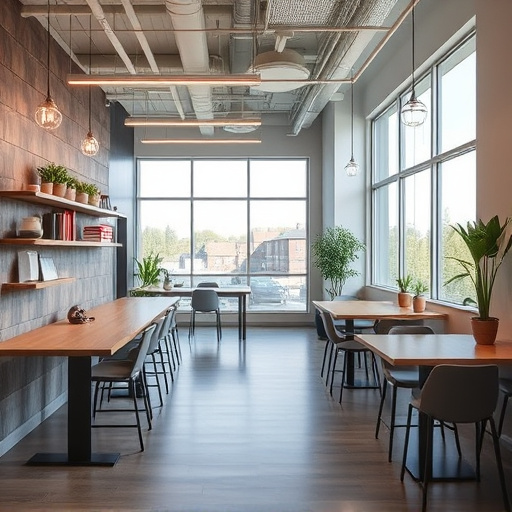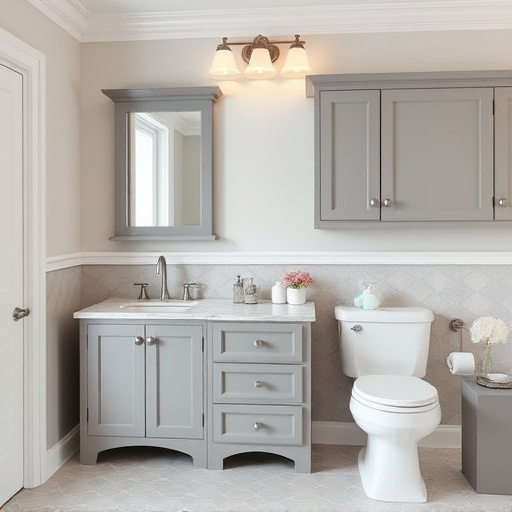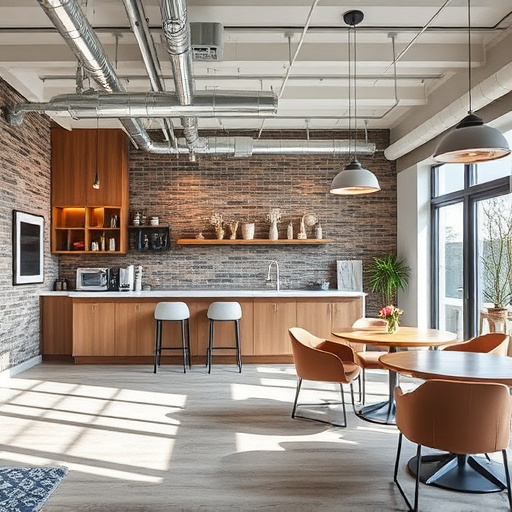House design directly impacts daily life, promoting productivity, relaxation, and social interaction through well-conceived spaces that balance functionality with emotional appeal. Open concepts encourage family bonding, while renovations like painting inspire changes in routines, enhancing overall well-being. Effective house design creates balanced, efficient living spaces, fostering connection, privacy, and pride among homeowners. Beautifully designed homes reduce stress, boost creativity, and improve quality of life, ultimately enriching daily experiences.
Discover how your home’s design subtly shapes your daily life. From streamlining morning routines with strategic layout choices, to boosting well-being through thoughtful esthetics, every architectural decision plays a role. Explore the intricate connection between house design and its inhabitants, uncovering how space allocation influences everything from social interactions to relaxation. Uncover practical ways architecture enhances your quality of life.
- House Design's Impact on Daily Routines
- The Influence of Layout and Space
- How Esthetics Enhance Well-being
House Design's Impact on Daily Routines
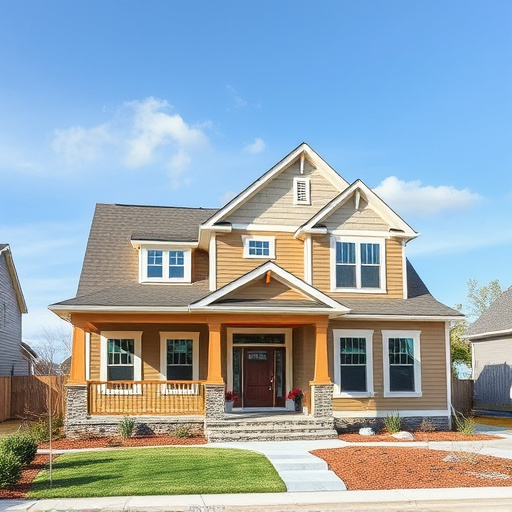
The design of our homes plays a significant role in shaping our daily routines and experiences. Well-designed spaces can encourage productivity, relaxation, and social interaction, creating an environment that supports and enhances our lifestyles. For instance, an open-concept layout with a seamlessly connected kitchen, dining, and living area fosters a sense of community within families or roommates, encouraging shared meals and quality time together.
In contrast, thoughtfully planned floor replacements or even a simple exterior painting job can transform a home’s functionality. A newly renovated space might inspire a change in daily habits, such as dedicated areas for work, exercise, or hobbies. Similarly, a fresh coat of paint on the exterior can make everyday tasks more enjoyable and create a sense of pride in one’s living environment, influencing overall well-being and satisfaction with daily routines.
The Influence of Layout and Space
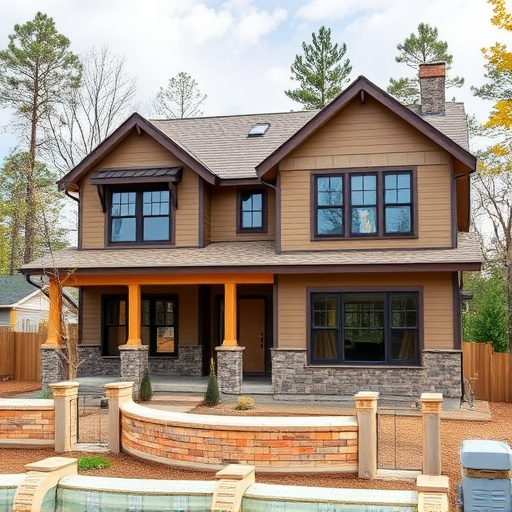
The layout and space within a house design play a significant role in shaping residents’ daily experiences. Well-designed homes consider not just the practical aspects like room functionality but also the emotional and psychological impact of each space. For instance, an open-concept living area can foster a sense of connection and community, encouraging gathering and interaction among family members or roommates. In contrast, separate yet interconnected spaces offer privacy when needed while maintaining a visual link to other areas, promoting a balanced sense of autonomy and belonging.
This interplay of layout and space extends beyond the common areas. Bathrooms, often overlooked in house design discussions, can profoundly affect daily routines. Renovating or remodeling bathrooms to include features like natural lighting, spa-inspired elements, or smart technology not only enhances aesthetics but also transforms them into relaxing oases that recharge residents at the end of each day. Similarly, residential renovations focusing on maximizing space utilization, such as whole house remodels, can create more efficient daily flows, making tasks like cooking, cleaning, and sleeping more enjoyable and less cumbersome.
How Esthetics Enhance Well-being
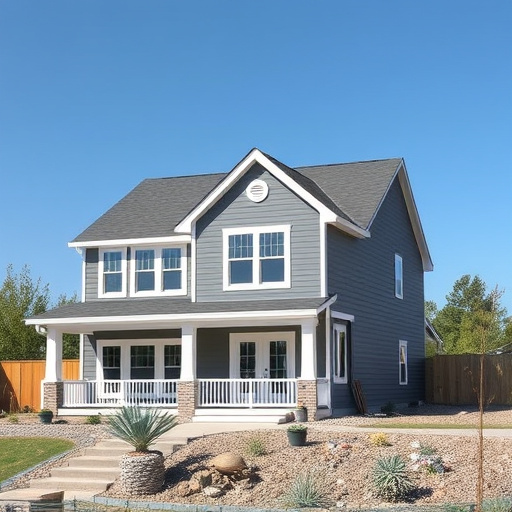
The aesthetic appeal of a house design plays a significant role in enhancing one’s well-being and daily living experience. Beautiful and thoughtfully designed spaces have a profound impact on our emotions and mental state. When we step into a home that exudes elegance, comfort, and a sense of style, it instantly lifts our spirits. Color schemes, lighting, and the overall ambiance create a soothing environment, reducing stress levels and promoting relaxation. This is especially important in today’s fast-paced world where finding tranquility within one’s living space is crucial for maintaining mental health.
Aesthetically pleasing house design also inspires creativity and fosters a sense of pride in homeowners. Well-designed functional spaces encourage people to spend more time at home, engaging in activities they enjoy. Whether it’s adding a cozy reading nook, incorporating natural elements, or rearranging furniture to create new areas, home improvement services can transform ordinary rooms into extraordinary places that reflect the homeowner’s personality. Such transformations contribute to an improved quality of life and make daily routines more enjoyable, ultimately enhancing overall well-being.
House design plays a pivotal role in shaping our daily living experiences. By understanding how layout, space, and esthetics interact, we can create homes that not only accommodate our routines but also enhance our well-being. Incorporating thoughtful design elements can transform mundane tasks into enjoyable moments, making each day more fulfilling and meaningful in our own sanctuaries.





